Trade Delegation Campaign: France
Both before and after the implementation of the JCPOA, French companies have expressed interest in expanding or renewing their Iran business. On February 2, 2014, a French trade delegation representing more than 100 national companies began a three-day long mission to Tehran. The delegation reportedly met with Mohammad Nahavandian, President Rouhani’s chief of staff, as well as members of Iran’s Chamber of Commerce, Industries, Mines and Agriculture.
In June 2016, coinciding with a visit of Iranian Foreign Minister Javad Zarif to Paris, UANI issued a warning to French companies about dangers of business with Iran. In July 2016 UANI called on French National Assembly Member President Claude Bartolone to raise concerns over Iran’s continued human rights violations and state sponsorship of terrorism during his visit to Tehran. In January 2017 UANI issued a warning as dozens of French companies prepared to take part in a Franco-Iranian economic forum in Iran. It should be clear to all responsible companies that Iran is not open for business. Accordingly, UANI is calling on French companies to forgo Iran business opportunities.
UANI Corporate Campaigns
-
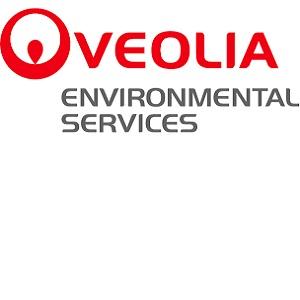
Veolia Environnement SA (Veolia)
Launched a campaign calling on French utility firm Veolia Environnement SA (Veolia) to forgo business in Iran. Veolia participated in a in a three-day French trade mission to Tehran to explore new business opportunities following the implementation of the Geneva interim agreement. At the same time, Veolia maintains a vast U.S. presence and has benefited from vast U.S. federal government contracts totaling over $180 million since 2000, primarily from the U.S. Department of Defense.
-
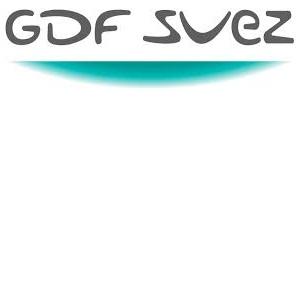
GDF Suez
Launched a campaign calling on French energy giant GDF Suez to forgo business in Iran. GDF Suez participated in a in a three-day French trade mission to Tehran to explore new business opportunities following the implementation of the Geneva interim agreement. At the same time, GDF Suez maintains a vast U.S. presence and has benefited from U.S. government contracts totaling over $87 million since 2000. Until 2010, the company worked with the National Iranian Oil Co. (NIOC) to assess the country's hydrocarbon reserves.On April 24, 2015, GDF Suez announced it has changed its name to “ENGIE” in an effort to further expand the company’s international footprint.
-
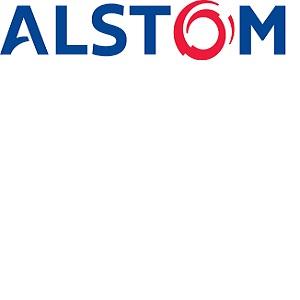
Alstom
Launched a campaign calling on French industrial conglomerate Alstom to forgo business in Iran. Alstom participated in a three-day French trade mission to Tehran to explore new business opportunities following the implementation of the Geneva interim agreement. At the same time, Alstom maintains a vast U.S. presence, with as many as 10,000 employees in the country, and hundreds of millions of dollars in government contracts. In January 2016, Alstom officially announced it had signed a MoU with the Industrial Development & Renovation Organization of Iran to develop industrial cooperation with Iran in the field of mainline and urban transport.
-
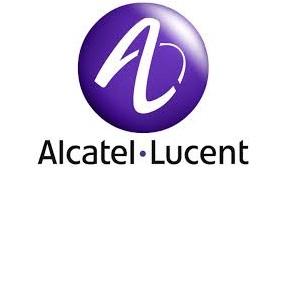
Alcatel-Lucent (Alcatel)
Launched a campaign calling on French telecom giant Alcatel-Lucent (Alcatel) to end its business in Iran. Alcatel is currently active in Iran and participated in a three-day French trade mission to Tehran to explore new business opportunities following implementation of the Geneva interim agreement. At the same time, Alcatel has benefited from enormous U.S. government contracts totaling approximately $1.2 billion since 2000, more than 90% of which came from the U.S. Department of Defense.
-
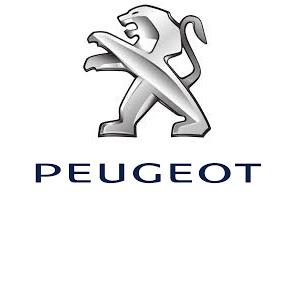
PSA Peugeot Citroen (Peugeot)
Launched a campaign calling on French automaker PSA Peugeot Citroen (Peugeot) to end its business in Iran as part of UANI's AUTO Campaign. Peugeot, the leading foreign auto brand produced and sold in Iran, is partnered with the Iran Khodro Group, which is controlled by the Iranian regime. UANI also warned General Motors (GM) that its new partnership with Peugeot could run afoul of U.S. sanctions and called on GM to use its influence and leverage to compel Peugeot to immediately end its business in Iran. Despite Peugeot's claims to have stopped its auto shipments to Iran in February 2012, 203,639 Peugeot vehicles were produced in Iran during the Persian calendar year that ended March 20, 2013. In June 2016 PSA announced its return to Iran under a €400m joint venture with its old partner Iran Khodro in Tehran.
-
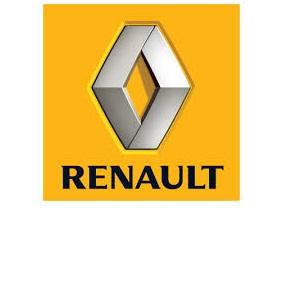
Renault
Launched a campaign calling on French automaker Renault to end its business in Iran as part of UANI's AUTO Campaign. Renault operates the joint venture Renault Pars with the Iranian regime to produce Renault vehicles in Iran. Renault produced over 99,167 vehicles for the Iranian market during the first eight months of 2017 and Iran has a 4% share in Renault global sales.
-
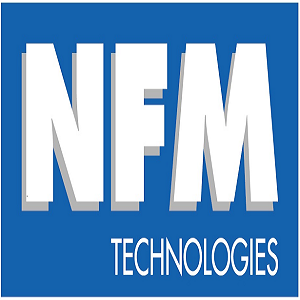
NFM
Launched a campaign as part of UANI's Tunneling and Construction Campaign, calling on French mechanical engineering firm NFM to end its business in Iran. NFM provides tunneling equipment in Iran, and has worked directly with entities affiliated with the blacklisted Islamic Revolutionary Guard Corps (IRGC). The potential for misuse of NFM equipment is high and serious given that tunneling is an essential element used by Iran to hide and protect its nuclear sites.
-
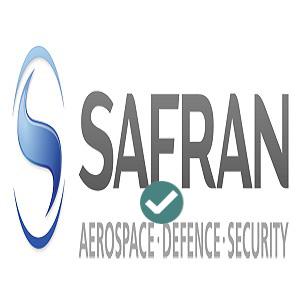
Safran
In 2014, in response to UANI's campaign, French aerospace and defense conglomerate Safran pledged to UANI that it would forgo business in Iran. According to reports, Safran participated in a three-day French trade mission to Tehran in early February to explore new business opportunities following the implementation of the Geneva interim agreement. UANI had called on Safran to clarify the purpose of its visit to Iran, and asked Safran to certify that it would not initiate any Iran business activities.
-
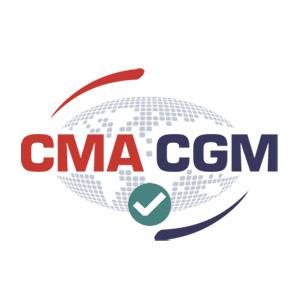
CMA CGM
In response to UANI’s Shipping Campaign, CMA CGM, France's largest shipping line, issued a press release stating that it “strictly complies with the regulations adopted by the international community” amid reports that it had joined Maersk and MSC in exiting Iran in 2012. CMA CGM confirmed in a May 2, 2013 letter to UANI: "We have committed ourselves to stop all activities to Iran and we shall respect it as we shall comply with the U.S.A. instructions."However, in May 2017 CMA CGM resumed business operations and launched an office in Tehran, Iran.
-
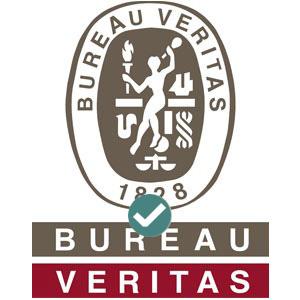
Bureau Veritas
In 2012, in response to UANI's Shipping Certification Campaign, French shipping service Bureau Veritas decided to comply with international sanctions and cease its certification of Iranian shipping vessels, specifically those of the Islamic Republic of Iran Shipping Lines ("IRISL") and the National Iranian Tanker Company ("NITC"). However, in 2017, Bureau Veritas re-established its Iran office and business operations.
-
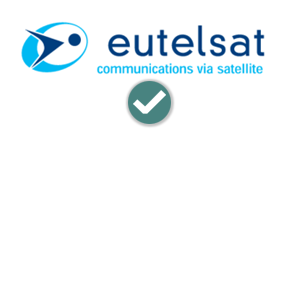
Eutelsat
Following UANI's Tech & Telecom Campaign, French satellite provider Eutelsat and British telecom firm Arqiva terminated their contract with Islamic Republic of Iran Broadcasting (IRIB) to broadcast 19 television and radio stations. UANI had called on Eutelsat and Arqiva to cease all services to IRIB given its use as a propaganda tool to televise "show trials" as well as the interrogation and coerced statements of Iranians unjustly imprisoned and tortured by the regime. In February 2017, Eutelsat confirmed to UANI it has no further plans to expand its activities in Iran.
-
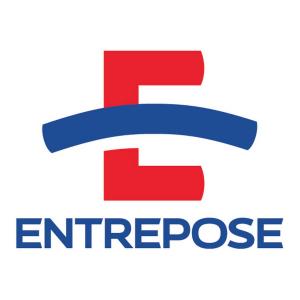
VINCI
Launched a campaign in 2016, alerting the French energy company, VINCI of the severe risks they face in any business relationship with Tehran. Entrepose Group lists its participation in the Iran Oil Show 2017 that took place from May 6-9, 2017, in Tehran, Iran on its company website. In April 2017, the Financial Tribune reported, “French construction company Vinci SA has signed a contract with Iranian firm Kayson Inc. to invest in the development of two Iranian airports…”
-
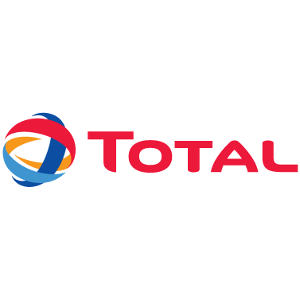
Total
UANI launched a campaign in 2014, following the French energy company Total’s participation in a French trade delegation to Tehran in February 2014 and its attendance at the 19th Annual Iran Oil Show that took place May 6-9, 2014, in Tehran Iran. Following the implementation of the JCPOA in 2016, Total has returned to Iran to operate in exploration and production and trading and shipping.